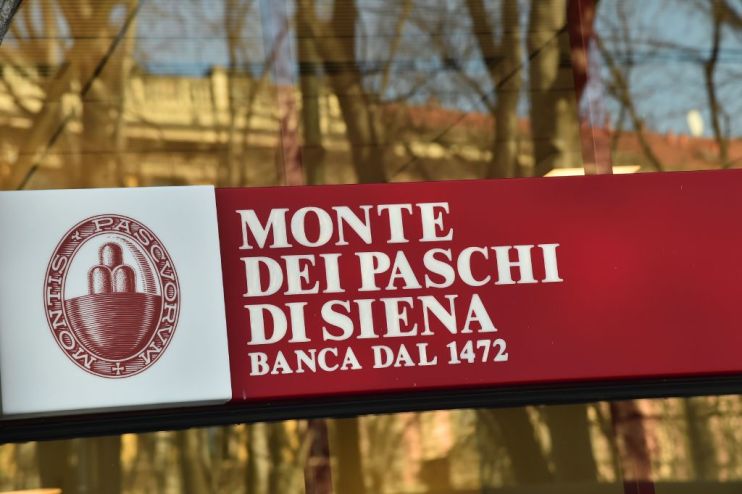Monte dei Paschi ex-boss and former chairman sentenced to jail and ordered to pay damages to bank’s savers

A Milan court convicted three former executives of Banca Monte dei Paschi di Siena at the end of a long-running false accounting case, a result that could hinder Italy’s bid to re-privatise the world’s oldest bank.
Former Monte dei Paschi chairman Alessandro Profumo, former CEO Fabrizio Viola and the former president of statutory auditors Paolo Salvadori were accused of not correctly booking two derivative transactions – known as Alexandria and Santorini – between 2012 and 2015.
Prosecutors in the case had earlier this year asked for an acquittal, but the Italian bank’s minority shareholders sought a conviction.
A lawyer representing the defendants said they planned to appeal.
After years of mismanagement, the Italian government rescued Monte dei Paschi in 2017, spending €5.4bn (£4.94bn) on a 68 per cent stake which the EU said must be sold by mid-2022.
Bankers say legal risks hanging over the lender could stand in the way of a potential deal.
A CEO from a cell?
Profumo, who currently serves as the CEO for state-controlled defence firm Leonardo, and Viola were each handed a jail sentence of six years, while Salvadori received three-and-a-half years, according to a decision read out in court.
In a statement Leonardo said the conditions did not exist for him to relinquish his position.
“The company expresses its full confidence in the actions of Mr. Profumo and wishes for his continuation in the role,” it said.
Milan prosecutors had also asked in 2018 for the case to be dropped, saying the three executives had followed the regulators’ accounting guidelines, but the judge rejected the request and sent them to trial.
As part of the sentence, the three former executives were ordered to pay damages claimed by some of the bank’s savers.
In a related trial, a separate Milan court in November 2019 convicted 13 former bankers from Deutsche Bank, Nomura and Monte dei Paschi over the derivative deals, which prosecutors said helped the Tuscan bank hide losses in one of Italy’s biggest financial scandals.